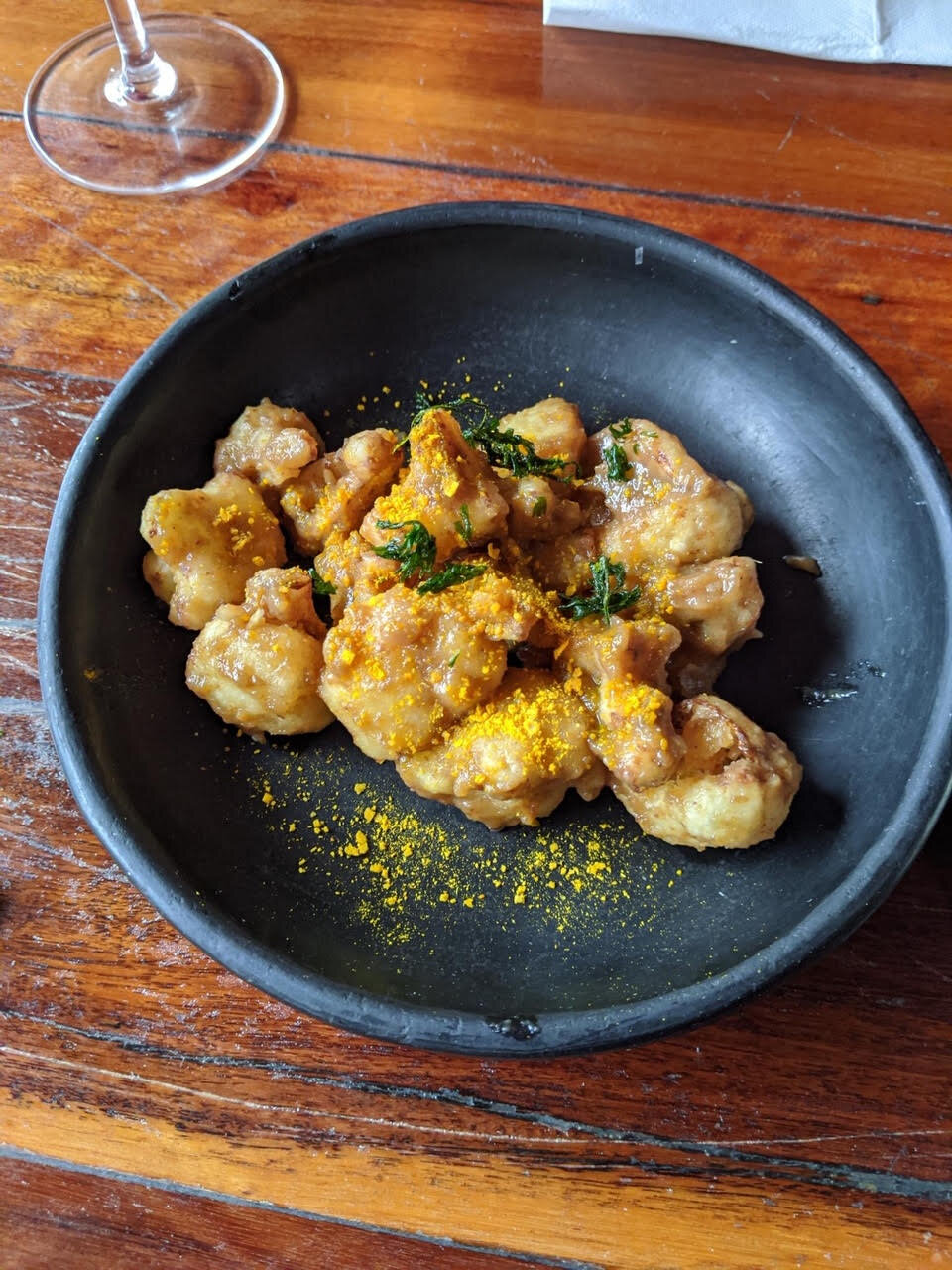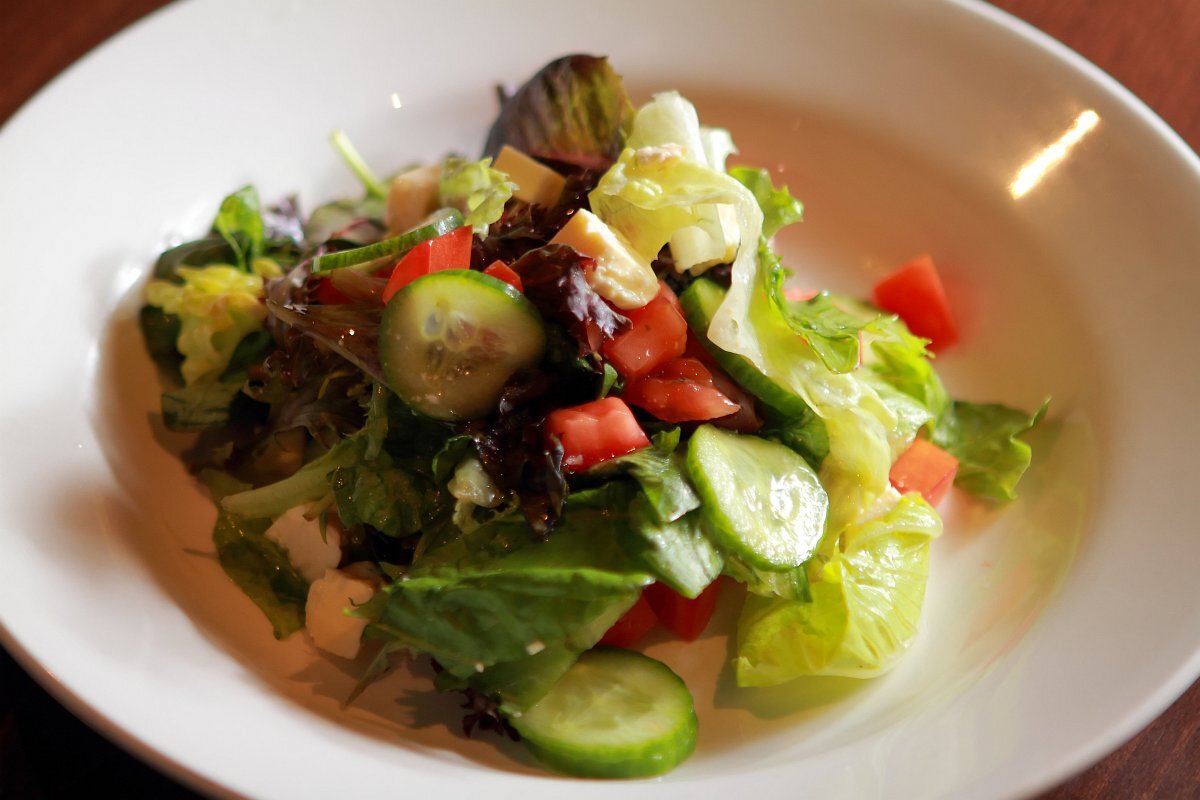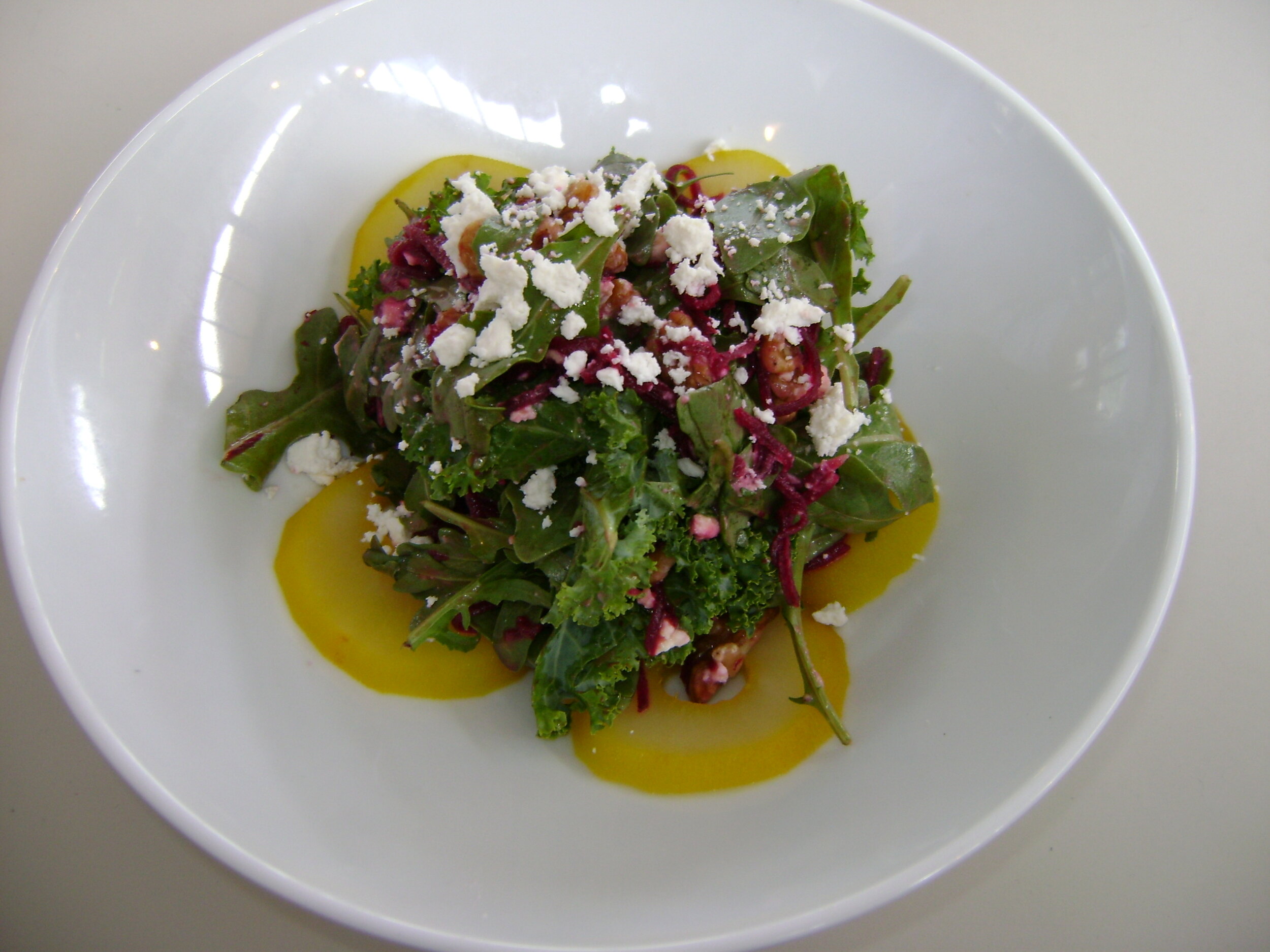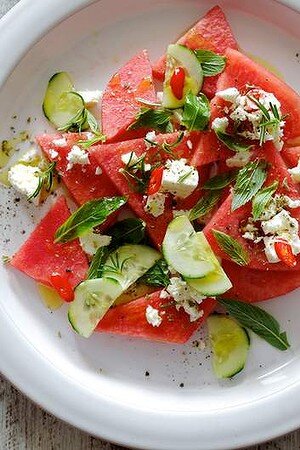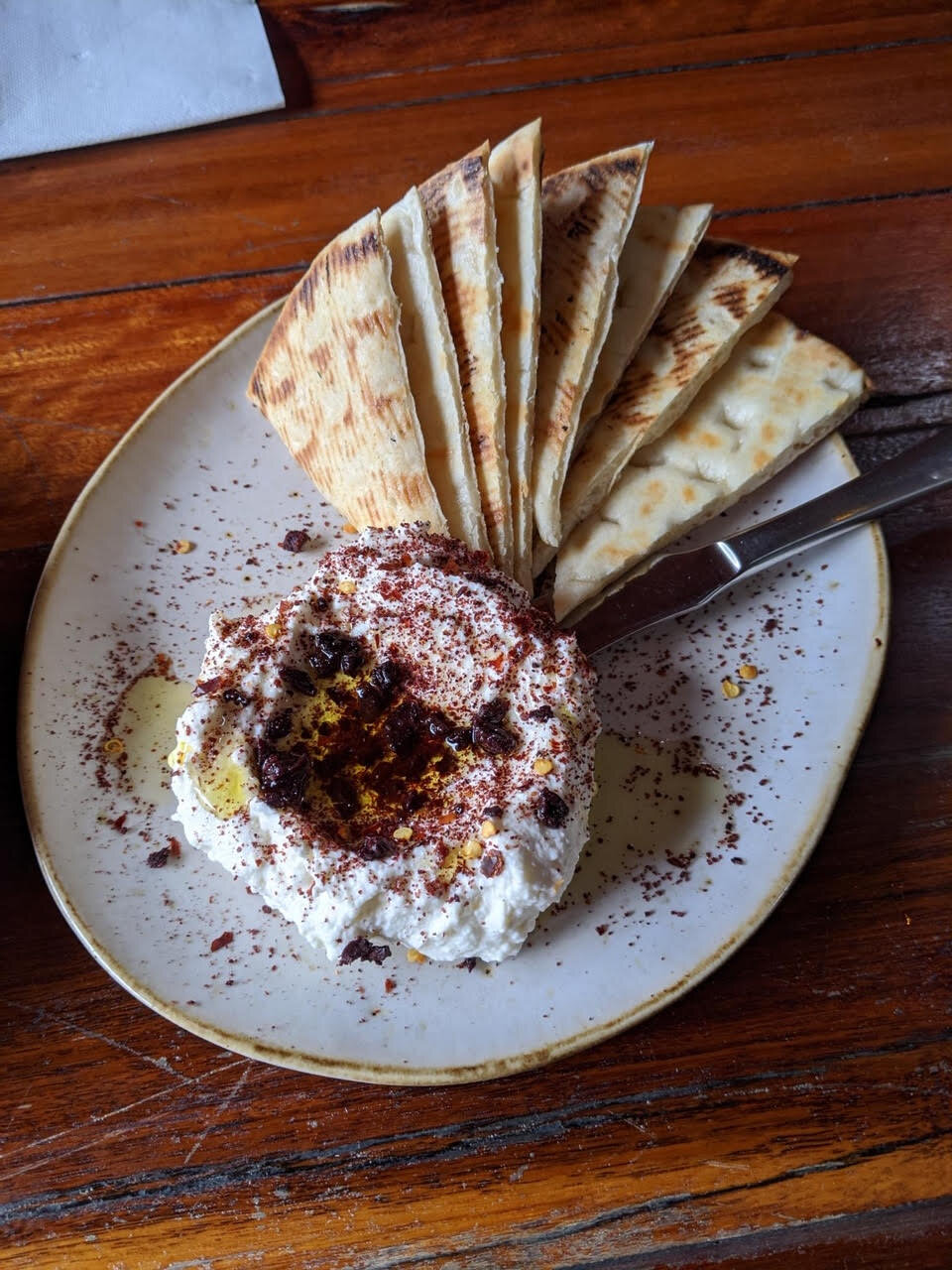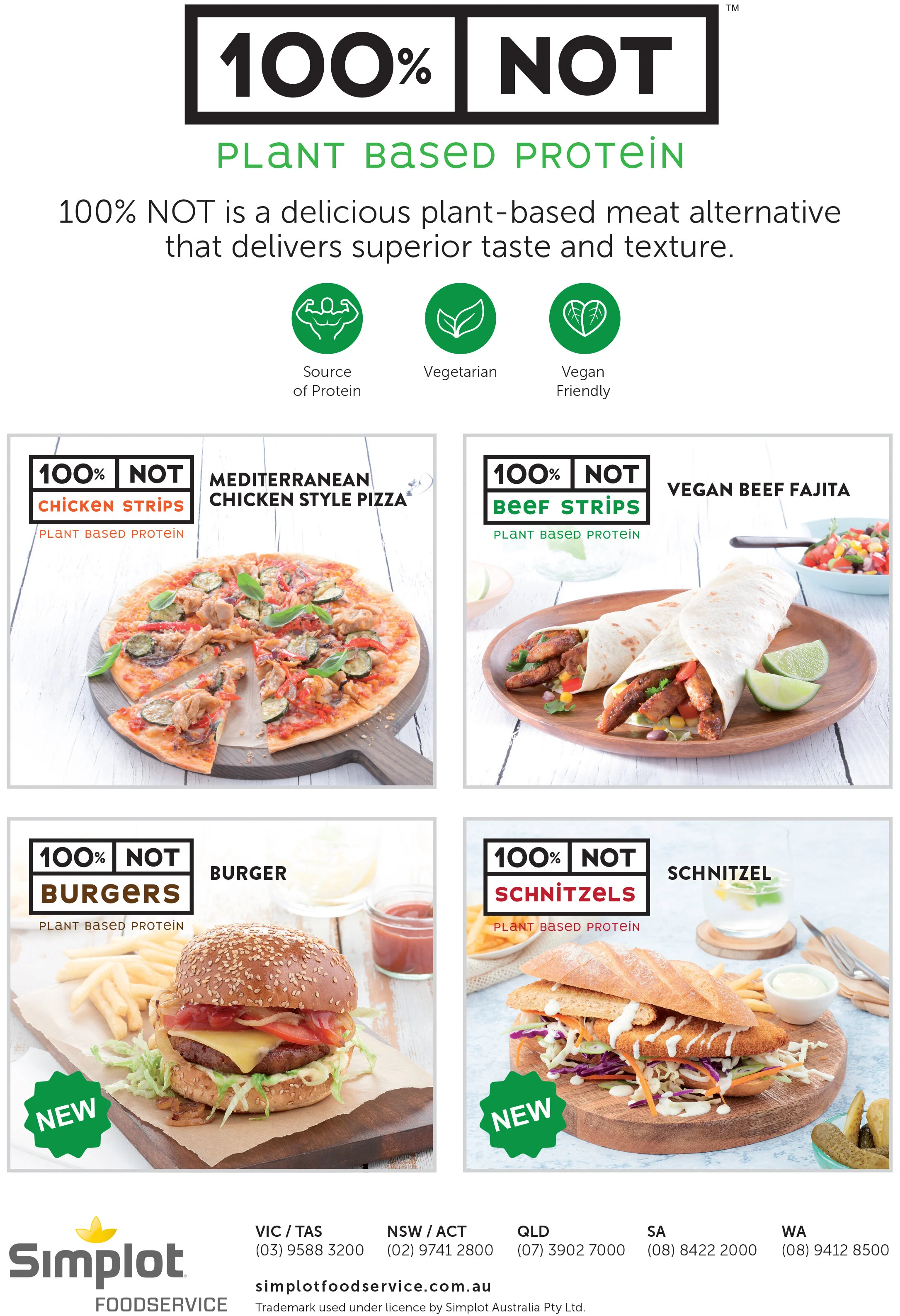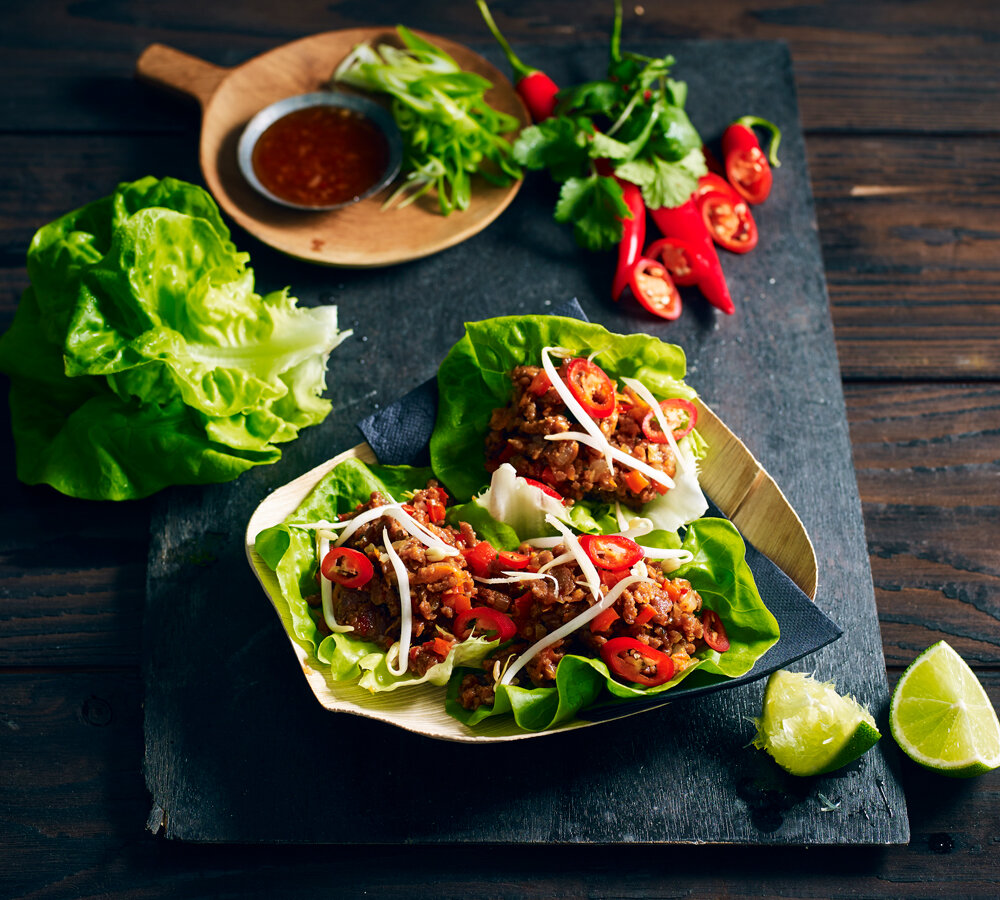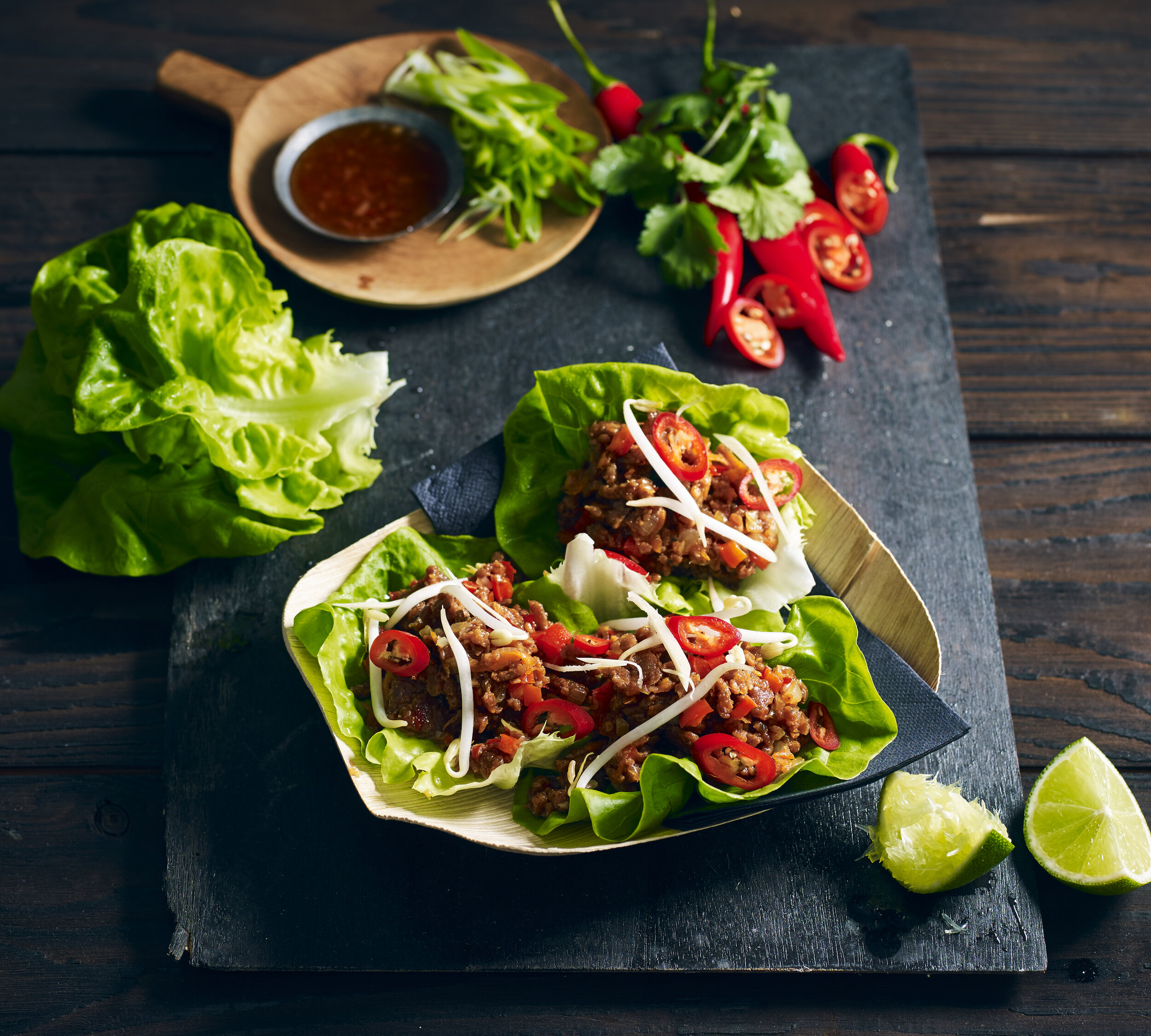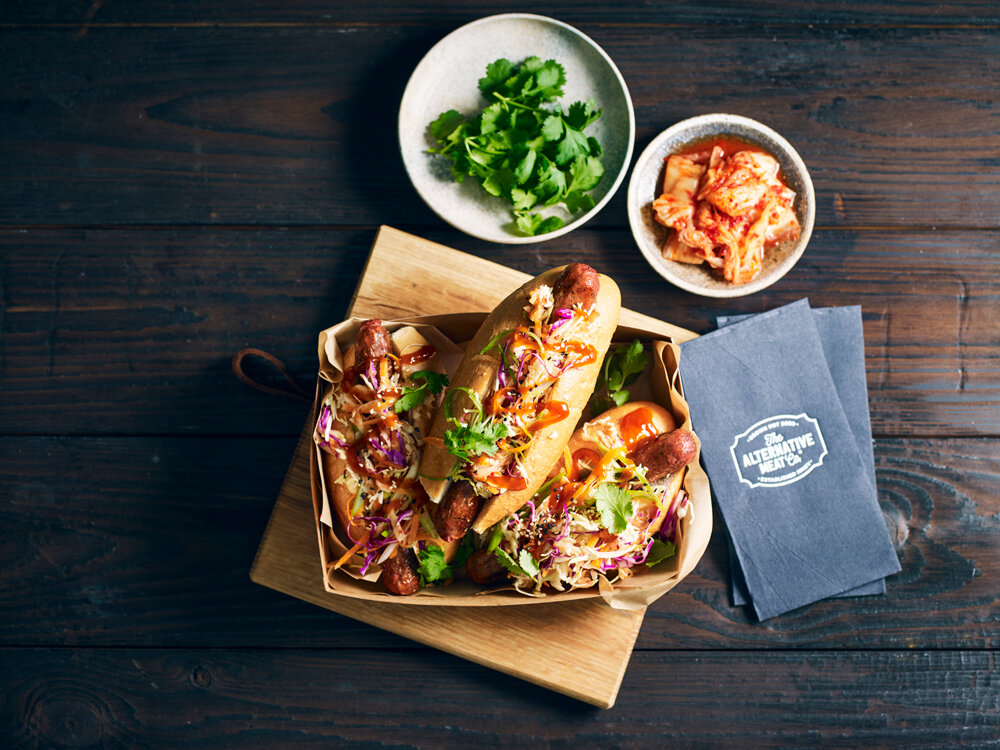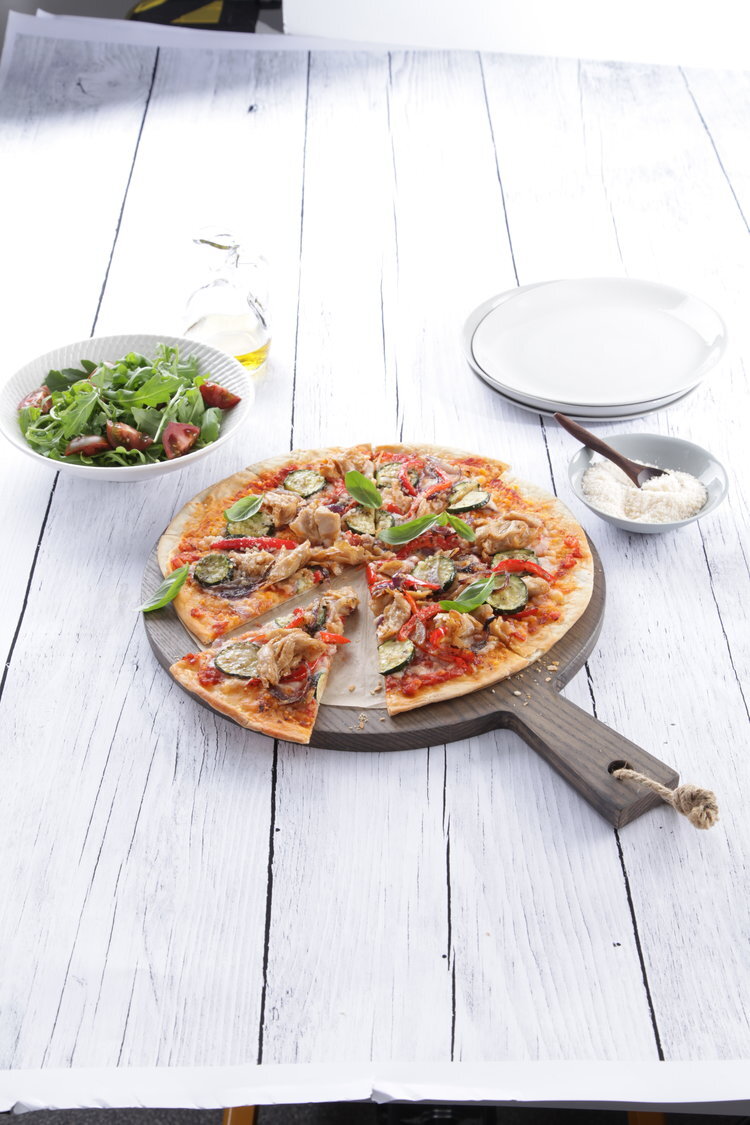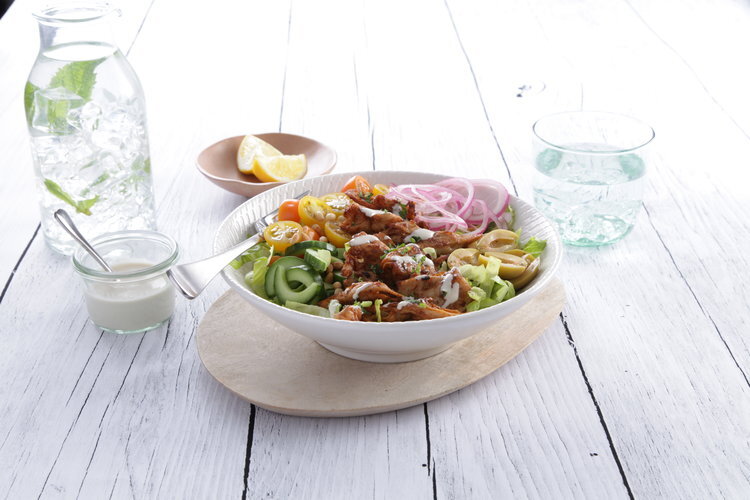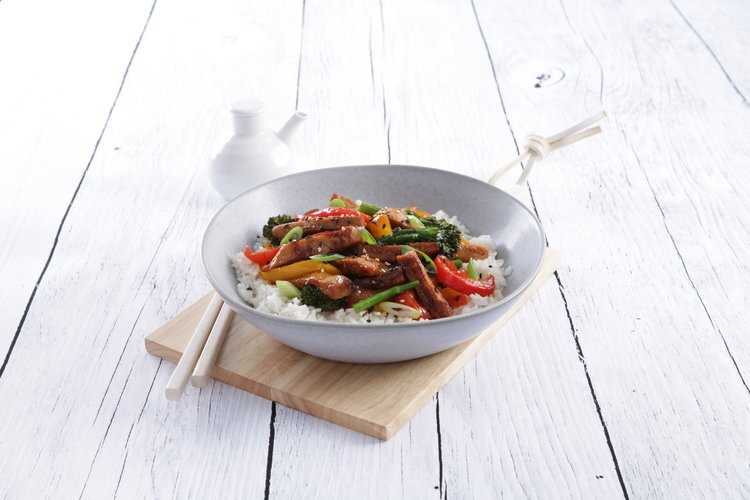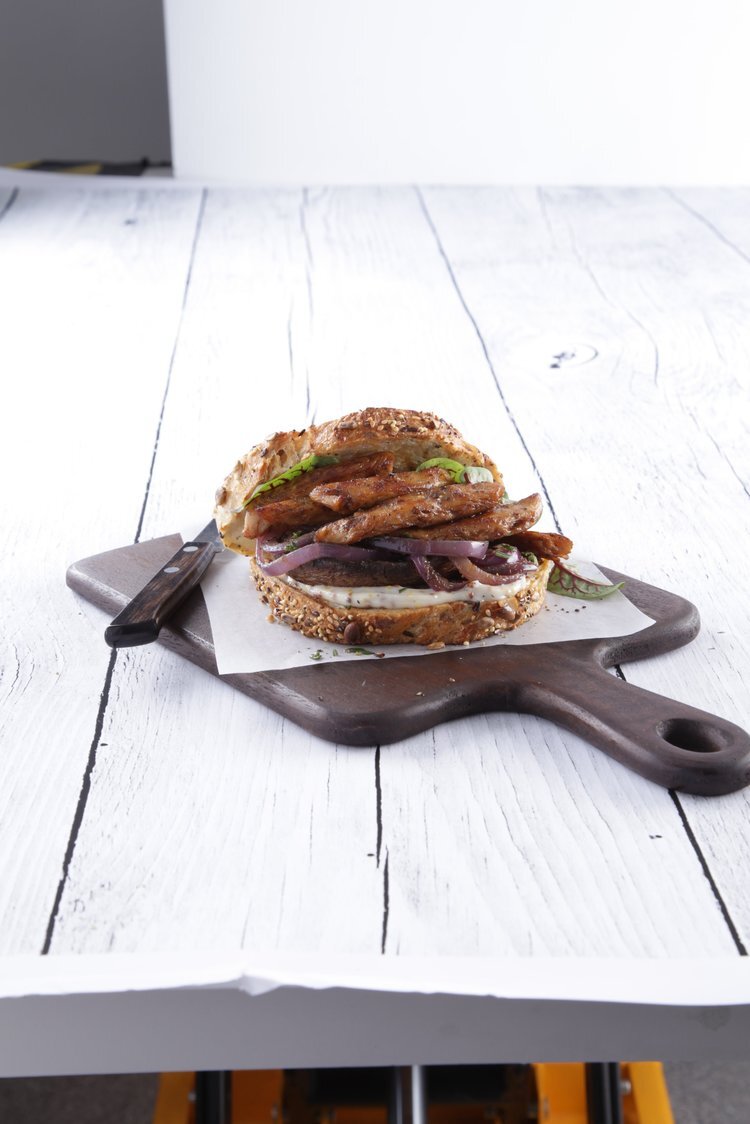Demand set to grow for plant-based foods as customers return to eating out
DEMAND FOR PLANT-BASED FOODS HAS BEEN ON THE RISE for some time, and with foodservice businesses now able to serve eat-in meals again (albeit initially in a limited capacity), we’re likely to see it continue to grow.
“I think within the next six to twelve months we’ll see more and more customers jumping on the health-conscious band wagon,” says chef Alex Patterson of Toukley RSL. “During lockdown they may well have been over-indulging, as for many people the supermarket and food has been the mainstay of their shopping and community engagement. Once foodservice is up and running again, people will start looking after their diet more, and that will see a rise in demand for healthier alternatives like plant-based meals.”
Gary Johnson, National Executive Chef of ALH Hotel Group which operates more than 300 licensed venues across Australia, says the growing ‘flexitarian’ market of people seeking to reduce their intake of animal fats has been partly responsible for the increase in plant-based menu items. “I’m a flexitarian myself – I don’t eat red meat every day – and it’s not so much a conscious choice, as the way our diets are shifting. People are turning towards dietary choices not so much from a medical perspective as a therapeutic one. So we offer plenty of plant-based choices but we weave them throughout the menu rather than box them off into a specific section – we don’t want to only appeal to the vegans, but reach a broader cross-section of our customers.”
Crispy Eggplant with sesame & spiced red vinegar
Gary cites a recent menu example: “We put on some eggplant fritters cooked in a crispy semolina batter, drizzled them with red wine vinegar and sesame syrup and served them with finely sliced spring onions. The intensity of flavours was terrific and we had meat-eaters around the table who went, ‘wow, this tastes great!’ That to me is the best accolade – when you can appeal to everyone, even those who wouldn’t ordinarily choose a meat-free dish.
“You can also be quite clever about it, and serve plant-based ingredients in a dish which also includes meat. For example one of our biggest burgers is a plantine burger, which is plant protein, but it can come with fried egg and bacon – so the customer may not want a big chunk of meat as the burger pattie, but they’ll have a smaller serve of meat with it. So it’s not just about appealing to the vegans.”
He adds that pub chefs are becoming more creative and adventurous when it comes to experimenting with plant-based food. “In the beginning a lot of pubs were standoffish, they thought it wasn’t our market – we should leave it to the higher-end establishments which have more capacity for customisation. But often it’s simply a question of swapping the meat protein with plant protein to achieve the same result. You can make ricotta out of soy milk or soaking cashews as easily as with cow’s milk – use those kinds of tricks and it’s dead easy.”
Gary says the most challenging element is to find good substitute ingredients. “For example, we use an almond feta which is just like a Persian style feta – soft and creamy and salty. We marinate it in olive oil, add some peppercorns and thyme and bay leaf when we serve it, and gently crack or crumble it onto salad with warm Moroccan spiced pumpkin and some caramelised dates which have been soaked in tea – they give a delicious flavour and we add some pomegranate dressing, olive oil and a sprinkling of dukkha and top with rocket leaf and it makes a wonderful salad. You’ve got the saltiness, the creaminess, the texture of the pumpkin, the sweetness of the dates and the bite of the pomegranate with the olive oil dressing. It’s a wonderful vegan meal and extremely healthy at the same time. And for a meat eater you could add marinated chicken or pulled lamb on the side.”
Catering to Aussie tastes
Cameron Prowse, Business Development Manager, Away from Home at Life Health Foods which markets plant-based sausages, burger patties and mince under the Alternative Meat Co brand, says foodservice businesses are looking for quality plant-based products from Australian producers. “The fact that we’re locally made has certainly helped us, and our pricepoint fits what the market’s looking for too. We’ve been able to achieve ranging through national catering businesses, burger chains and others and in a number of cases we’ve gone head to head with the world’s biggest brands and come off very well in like for like comparisons.”
He says QSR chains are increasingly looking for bespoke products which they can add to the menu. “We have to tailor our offering accordingly and so we’ve created an inhouse NDP team to ensure we have the capability to meet their needs. When it comes to burger patties, elements like cooking time, temperature, even the width of the grill all come into play to create specific requirements, as do weight and holding time. And so far there aren’t that many suppliers in Australia which can be responsive to all that.”
Cameron adds that Australian consumers have particular tastes around taste, texture, flavour and product presentation and these aren’t necessarily being met by imported product. “That’s the feedback I get directly from our customers – they want Aussie products for Aussie consumers. We’ve had a number of chains currently serving overseas products who are looking to switch to an Australian made alternative. Local provenance is a strong marketing tool and that’s what customers are after – and it also helps to protect you against currency fluctuations.”
His comments regarding the impact of the COVID-19 lockdown echo those of Alex Patterson. “Unsurprisingly, people are focusing more on their health and wellbeing right now, and if they can pick up something as a treat which is considered a healthier choice and at the same time supports their local burger joint or restaurant, that’s a win-win for the consumer and the operator. We think there is going to be a drive towards local products in support of local industry, which is why we’re being very adaptable in terms of minimum order quantities - because we know how challenging the market is right now.
“We’ve also seen throughout the lockdown how innovative and adaptable the market can be. We’ve worked with a couple of burger chains who immediately began modifying their offering for more pickups and home delivery and developed meal deals – we’ve done some co-branded meal deals that have been very well received. Often the conversation has been around what we can offer to support businesses and their customers.”
Bringing excitement to the world of plant-based food
The big guns in foodservice are also now entering the market with competitive offerings. Simplot Australia, which launched its 100% Not Beef and 100% Not Chicken plant-based brands earlier this year, says plant-based protein is consistently among the top 10 food trends. “Plant proteins tick the boxes for flexitarians as well as environmental sustainability,” points out Simplot Australia Executive Chef David White. “Of course what you want in a meat replacement is not only flavour but satiety – that’s the sense of being satisfied that you get from eating animal protein. This is the beauty of our 100% Not range - nine out of ten people won’t pick that they’re not beef or not chicken unless you tell them.”
The latest addition to the range is a plant-based 100% Not Chicken Schnitzel Burger. The product is designed to emulate chicken not only in flavour and cooking performance but in texture.
“The aim is to ensure chefs can cook with this as easily as they would with animal protein. That way you don’t have to modify your recipe and your flavour profile won’t change – you can do a straight swap of the ingredient, which makes it easy for the chef”
At Nestlé Professional, Corporate Chef Mark Clayton has been involved in the development of new plant-based Incredible Burger pattie under the Harvest Gourmet brand which has so far been launched into the ALH pub group. “It’s a terrific product whether you throw it on the barbecue or into the pan – it sizzles and looks like the real deal,” Mark says.
“It sears beautifully outside while remaining juicy and tender inside, and when you put it into a burger and add the other ingredients, you’d never pick it as not being meat.” And there will be others to come, Mark adds – “we’ve definitely got big plans in this area. Our ambition is to revolutionise the meat-free category by bringing excitement to the world of plant-based food, with no compromise on flavour.”



